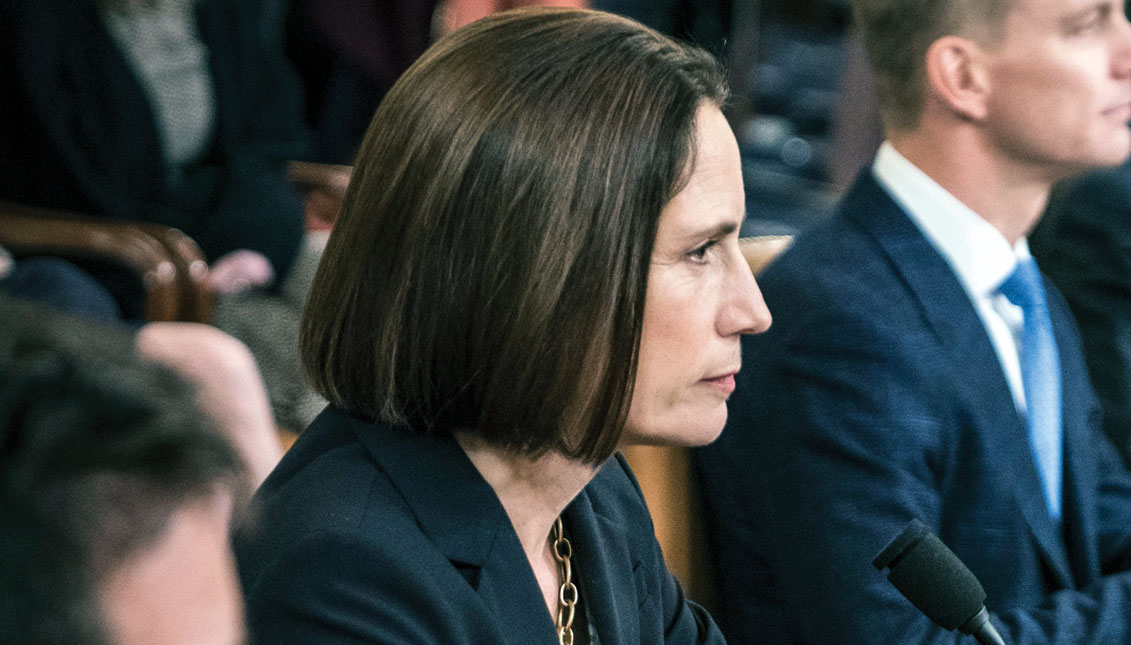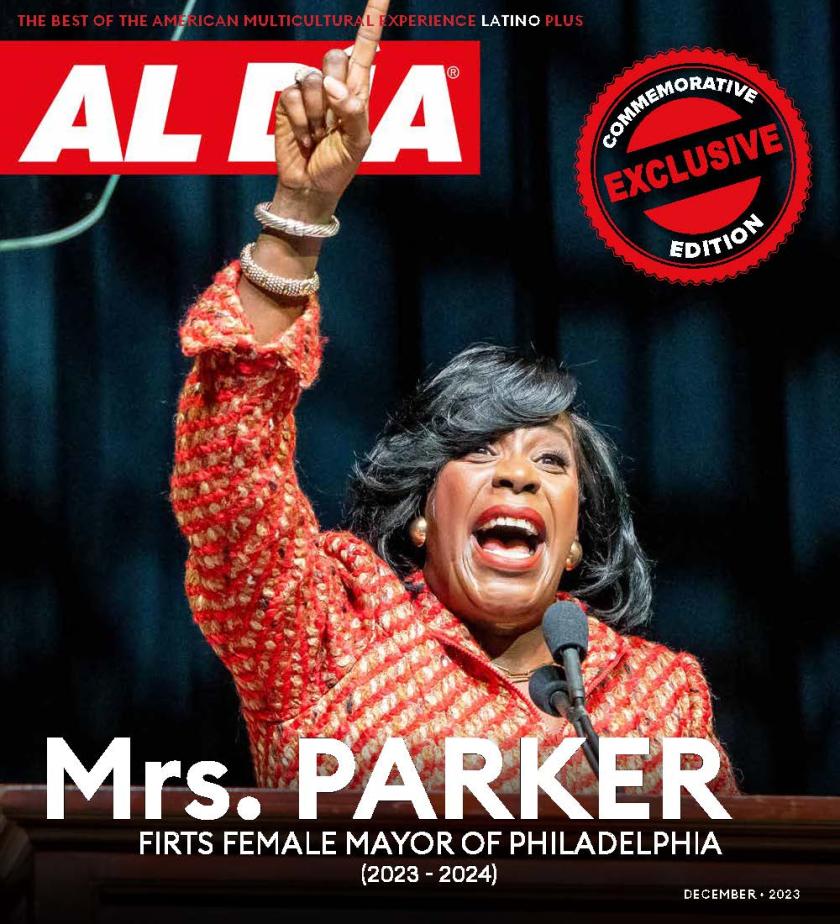
Power and leadership, redefined by women
From Capitol Hill to beer at the border, recent news and our edition this week point to a few examples.
What does authority look like, and sound like? What are the traits most associated with leadership?
These are questions that Americans are grappling with now more than ever, as women take center stage in some of the most decisive, weighted political moments the country has seen.
In a recent column in The Washington Post, Monica Hesse points out that during the impeachment hearings, acting Ukraine Ambassador William B. Taylor, Jr. established an immediate sense of trust with many members of the American public because the way his deep, sonorous voice—”a bourbon barrel of a baritone, mellow and oaky with age”—resembled that of another well-known voice of authority in American history, newscaster Walter Cronkite.
Such a reference for authority, a shorthand for trust and believability, has been built up decade upon decade, century upon century, ingrained in our collective consciousness as something to be associated with men, or perceived masculine qualities.
That is changing, though. According to a 2018 report by the Pew Research Center, the majority of Americans said that they would like to see more women in leadership positions in both politics and the corporate world.
And many also say that women, in fact, perform better in certain aspects of leadership than men. According to the same report, though most say that there is no difference between women and men leaders, a greater percentage gives the edge to women in areas such as: creating a safe and respectful workplace, valuing people from different backgrounds, considering the societal impact of business decisions, and providing fair pay and good benefits.
RELATED CONTENT
Whether or not these perceptions are based in reality or are a result of socialized gender stereotypes, the fact that there is some portion of the population who believes that women leaders can be better at embodying the above qualities of leadership begs the question of what aspects of leadership are most valued in America—and how the face of leadership itself could change as more women gain positions of power.
Qualities of collaboration, coalition-building, and facilitation, like those demonstrated by the women brewers in our cover story on pg. 12, might be viewed as more integral aspects of our leaders in politics, business, and beyond.
Because, as Hesse pointed out in her column, our references for authority can expand.
When Fiona Hill, former official at the U.S. National Security Council, took the floor for her impeachment testimony on Nov. 21, it “wasn’t like watching Walter Cronkite. It was like watching Fiona Hill,” Hesse writes.
Her voice was her own, and her authority was won.
Hill had demonstrated what writer Roxane Gay proposes in her landmark book, “Bad Feminist": “When you can’t find someone to follow, you have to find a way to lead by example.”










LEAVE A COMMENT:
Join the discussion! Leave a comment.